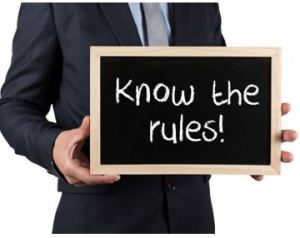
Despite the fact that everyone is entitled to their day in the court, the reality is that most cases are resolved out of court. Many clients will approach their lawyers with the hope that they will be able to quickly get in front of a judge and explain their story—a vision of American justice that is reinforced in popular media and Court TV. However, getting to trial is a long process and most cases never make it to trial. In most situations, the cases take earlier exit ramps, such as informal out-of-court settlement, mediation, arbitration, or is resolved by a ruling before trial. Even if a case is set for trial, it is very common for the parties to settle on the eve of trial.
Often, the cheapest and most efficient way for a dispute to get resolved is for the attorneys to work on an out-of-court settlement. This can occur at any point either before or after a lawsuit has been filed. Under this track, attorneys informally negotiate a resolution. If the parties agree to it, the attorneys will memorialize the resolution in a settlement agreement. This is often the quickest way to resolve a case, as it does not require any third-party intervention—it only requires the parties to work together to settle their differences and capable counsel to guide the parties through the process.
In addition to out-of-court settlements, cases often get resolved with the help of a neutral third-party. For instance, cases often go to non-binding mediation before they move on to trial. Indeed, more and more courts are making mediation a mandatory step before allowing the case to move to trial. During mediation, the parties present their case to a neutral third party whose job is to facilitate a settlement agreement by working with the parties and their attorneys as a go-between. Sometimes, cases may end up in front of a neutral third-party who has the authority to make a binding decision. For instance, if the parties signed an agreement for binding arbitration, a private judge will make the final decision and the parties must live with the decision whether or not they are happy with it. Arbitration is usually less costly and more efficient than going to trial.
 You’ve probably heard your grandfather complain that he did not patent the “mobile phone” he invented in 1942. If he had, he’d be a billionaire! Ideas come and go, but those who take the leap and protect those ideas often reap the benefits.
You’ve probably heard your grandfather complain that he did not patent the “mobile phone” he invented in 1942. If he had, he’d be a billionaire! Ideas come and go, but those who take the leap and protect those ideas often reap the benefits. Business Lawyers Blog
Business Lawyers Blog








